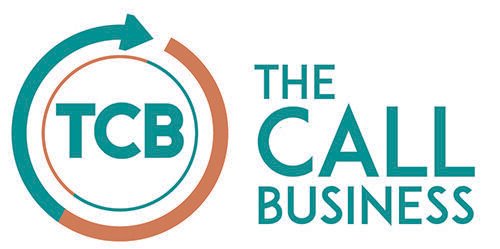Top tips for interviewing via video conference
Remote work has always been a core part of our organisation and we have adapted our HR processes accordingly. In these uncertain times, we thought it would be useful to share some tips for those who are dealing with this working arrangement for the very first time.
Our HR team is headed up by Operations Director, Sarah Read and these are her top tips for interviewing remotely.
1. Always conduct the interview on a video call rather than a phone call and insist that the candidate puts their video on. Don’t hesitate to ask them to switch it on if you see just the candidate’s name or photo on the screen.
2. Note whether the candidate is making eye contact when you are speaking and when the candidate is speaking to you; are they focused on the conversation or are they distracted or gazing out of the window? NB There are four different comms styles so some will look really engaged, whereas others will tend to gaze off into space or look blank. Trouble is, if candidates struggle to engage with you in the interview via video call, they may struggle to engage with co-workers and clients via video too.
3. When you’re interviewing candidates remotely, whether the role is remote or office-based, you should expect the same professionalism from the candidate, as when interviewing a candidate face-to-face. Things to look out for:
a. Is the candidate looking prepared and awaiting the call?
b. Is the candidate sitting at a desk or on their sofa or elsewhere?
c. Is the room quiet and free from distractions such as background noise from a TV, radio, or other members of the family?
d. Is the candidate dressed as you would expect when interviewing face-to-face – in line with your company’s expectations?
4. Ensure that you, as the interviewer, are at your desk, dressed professionally, with all relevant documentation to hand on your screen (and on your desk) so that you can easily screen share as you discuss various aspects of the company and the role. I would recommend that you have to hand:
a. Job description for the vacancy
b. Organisation chart – if appropriate
c. Company website
d. Internet security policies as they relate to working from home
e. Candidate’s CV
5. All the rest of the interview is pretty much as usual but ensure you pause regularly during discussions to allow the candidate to speak if they have a question. On a video call it can feel like you need to fill the silence – much more so than in a face-to-face interview, but these pauses are extremely important. And if the candidate is a kinesthetic communicator the pauses can be quite long!
Finally, I’d recommend that you don’t record the interview even if your video conferencing platform offers that option. The exception would be a second or third interview for a really senior role where the candidate is presenting and it is not possible for all stakeholders to attend in real-time. In such instances, you should contact the candidate in advance and explain that you would like to record the interview so that other members of the team can review their presentation at a different time. You will need to ensure that the recording is deleted as personal data at the end of the recruitment process.
I hope that is all helpful and wish you the best of luck with your interviews. If you have any questions, drop me a line at sarah.read@thecallbusiness.com.




